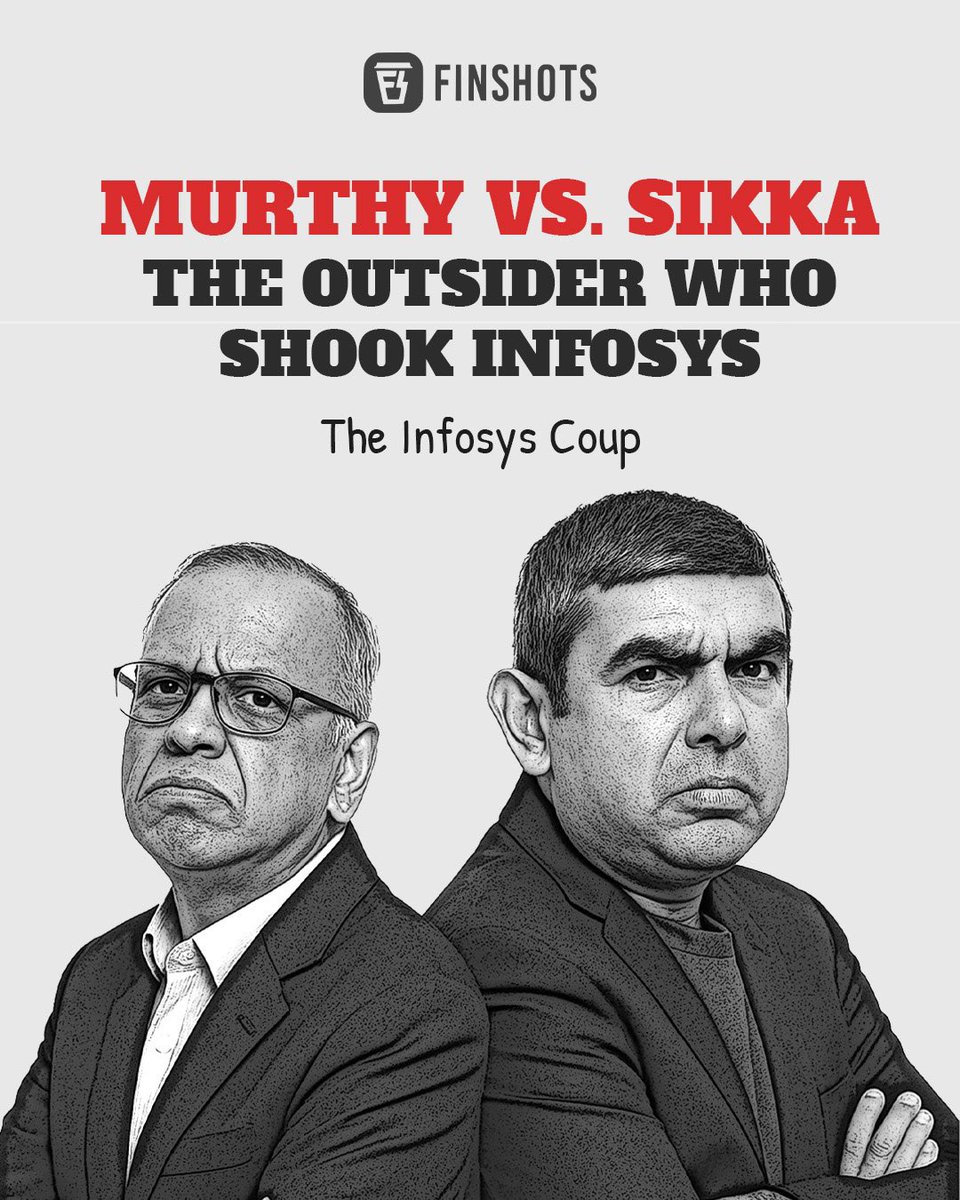1) It was India’s Lehman moment.
IL&FS wasn’t some obscure shadow bank. It was a giant. A massive infrastructure lending company that had been around since 1987. It had hundreds of subsidiaries, sovereign wealth fund investors, and one of the highest credit ratings in the business. Everyone believed IL&FS was too big to fail. And then, it did.
IL&FS wasn’t some obscure shadow bank. It was a giant. A massive infrastructure lending company that had been around since 1987. It had hundreds of subsidiaries, sovereign wealth fund investors, and one of the highest credit ratings in the business. Everyone believed IL&FS was too big to fail. And then, it did.
2) In 2018, the company defaulted on a series of bond payments. No one saw it coming. Not the investors. Not the rating agencies. Not even the regulators. But behind the scenes, IL&FS had been quietly building a mountain of debt. Over ₹91,000 crore. All hidden behind a web of shell companies and creative accounting.
3) IL&FS was running what can only be described as a lending Ponzi. New loans were taken to repay old ones. Losses were buried under subsidiaries. Auditors signed off on cooked books. And the board? Completely out of the loop—or complicit.
4) When the defaults began, panic spread. Mutual funds, pension funds, insurance companies—everyone had exposure. The entire NBFC sector started to shake. The government had no choice. In a dramatic overnight move, it invoked Section 241 of the Companies Act, dismissed the entire IL&FS board, and appointed a new one led by Uday Kotak.
5) It was a corporate exorcism at scale.
As the new board dug deeper, the rot was worse than anyone imagined. Loans had been given without due diligence. Projects were non-viable. Revenues were exaggerated. And yet, the top brass had paid themselves fat bonuses.
As the new board dug deeper, the rot was worse than anyone imagined. Loans had been given without due diligence. Projects were non-viable. Revenues were exaggerated. And yet, the top brass had paid themselves fat bonuses.
6) The IL&FS collapse wasn’t just about bad loans. It was about systemic rot. A complete failure of governance. And a regulatory ecosystem that trusted too easily.
7) In the aftermath, IL&FS became the poster child for India’s NBFC crisis. It triggered a domino effect that hit banks, housing finance companies, and even consumer credit. Trust was broken. Liquidity dried up.
8) The cleanup continues to this day. Assets are being sold. Debts are being recovered. But the damage has been done.
9) IL&FS showed that even the most trusted names can be hollow from within. That size means nothing if ethics are missing. And that when giants fall, the entire system trembles.
• • •
Missing some Tweet in this thread? You can try to
force a refresh











